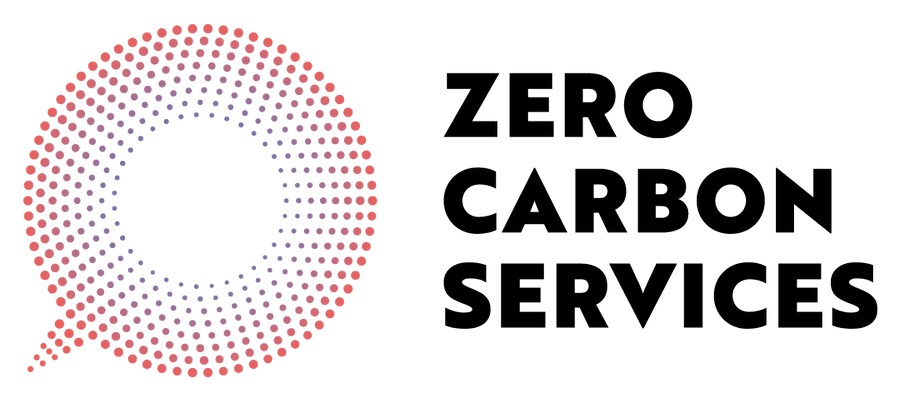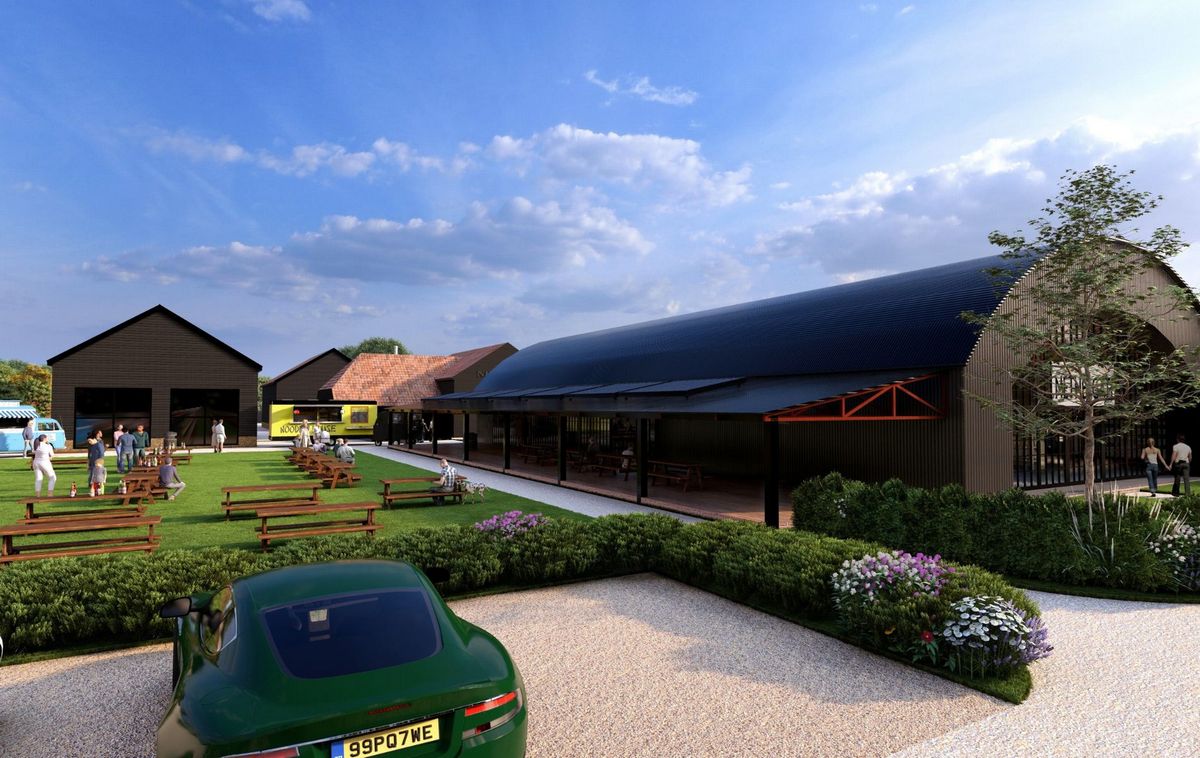In light of the new Budget and carbon commitments from the government, Zero Carbon Services are urging hospitality businesses to leverage climate action to reduce rising costs.

UKHospitality forecasts the cut to business rates relief will cost the sector £500m. Meanwhile, the cost of employing a full-time worker is forecast to increase by at least £2,500 per employee, costing £1.9 billion across the sector. This is due to rises in employer National Insurance contributions and the National Living Wage.
To avoid customer price increases and maintain the sector-average margin of 5%, businesses would need to generate an additional £20,000 in revenue for every £1,000 taxed, an unsustainable challenge for many operators.
Meanwhile, CGA’s recent data on climate change impacts showed that UK hospitality sales were 25.7% lower due to heavy rain and 8.2% lower due to extreme heat on like-for-like days between 2022 and 2023.
Zero Carbon Services is encouraging operators to unlock cost-cutting opportunities through climate action. By reducing energy waste alone, the company has helped seven leading operators save a combined £3.9m — an average of £3,600 per site.
Cost-saving opportunities
“The budget and the impacts of climate change are increasing cost pressures on the sector,” said Mark Chapman, chief executive of Zero Carbon Services.
“The work we’re doing with our clients to take credible climate action, from energy saving to ingredient switches and waste reduction, can mitigate the impacts by cutting carbon and costs. This proves that sustainability isn’t just good for the planet, it’s good for business.”
Zero Carbon Services works alongside the Zero Carbon Forum, a not-for-profit organisation representing one-third of the hospitality sector. It demonstrates how climate action can unlock cost-saving opportunities while building resilience and enhancing brands. Over the last 12 months, the forum has welcomed 21 new members. This brings the total membership to 74 and represents 35,000 sites.
Mark added: “These numbers show that the hospitality sector is stepping up to lead on climate action, and the growing momentum highlights a clear shift in the industry.
“Sustainability is no longer just a moral imperative — it’s a business priority. Together, we’re proving that embedding carbon reduction measures not only addresses compliance, but also drives cost savings and builds resilience.”






